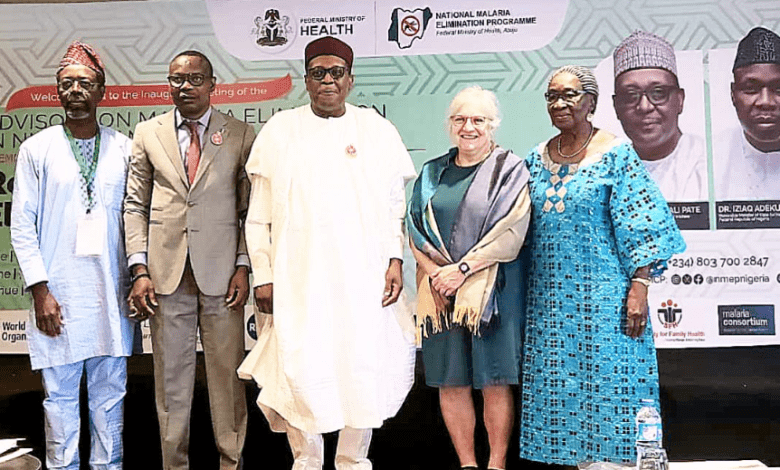
The Federal Government has committed to eliminating malaria, citing the substantial economic impact of the disease, which costs Nigeria $1.1 billion annually. This pledge was made by the coordinating minister for Health and Social Welfare, Muhammad Ali Pate, during the inaugural meeting of the Advisory on Malaria Elimination in Nigeria (AMEN) in Abuja.
Pate emphasized that malaria is not only a health crisis but also an urgent economic and developmental emergency. He stated that the government is determined to eliminate the disease, describing the launch of the advisory body as a significant and decisive step in tackling a long-standing problem that has hindered both the health and economic growth of the country.
He pointed out that Nigeria bears the largest share of the global malaria burden, with 27% of global malaria cases and 31% of malaria-related deaths. In 2022 alone, over 180,000 Nigerian children under five died from malaria—deaths that are preventable with the right tools.
On the economic front, Pate highlighted the severe consequences of malaria, noting that it reduces productivity, increases out-of-pocket health expenditures, and exacerbates poverty. He emphasized that malaria’s annual cost to Nigeria’s GDP exceeds $1.1 billion, underscoring the economic urgency of eradicating the disease.
Malaria elimination is also a core component of Nigeria’s Health Sector Renewal Investment Initiative (NHSRII) and aligns with the administration’s Renewed Hope Agenda for health sector transformation.
The National Malaria Strategic Plan 2021-2025 aims to reduce malaria prevalence to below 10% and decrease malaria-related mortality by 50% per 1,000 live births. Pate stressed the importance of involving traditional and religious leaders in advocacy efforts to encourage behavior change at the grassroots level. This grassroots approach will support the work of AMEN, promoting the use of insecticide-treated nets, chemoprevention, and vaccines.
Iziaq Salako, the Minister of State for Health and Social Welfare, also spoke at the event, emphasizing that the advisory body is made up of experts who will provide evidence-based advice to help Nigeria reduce its malaria burden and move towards a malaria-free future.
In her welcome address, the Permanent Secretary, Daju Kachollom, represented by Chukwuma Anyaike, Director of the Public Health Department, praised the renewed commitment of the current administration, which has revitalized efforts to eliminate malaria.
the Advisory on Malaria Elimination in Nigeria (AMEN) led by globally recognized expert Rose Leke, is tasked with advancing evidence-based solutions, ensuring malaria elimination is prioritized in government budgets and plans, and creating accountability frameworks to ensure sustained progress.





